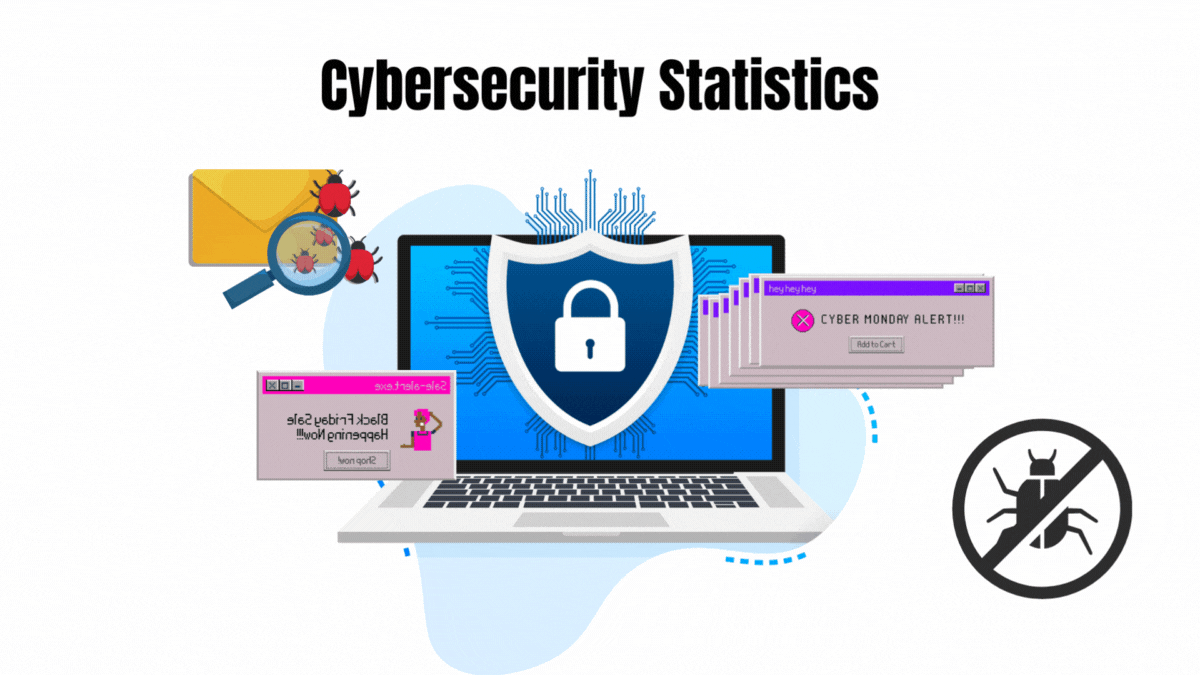How Does Metaverse Improve Remote Collaboration?

The world had gone through the hardest times of The COVID-19 epidemic three years ago which has pushed many businesses to move to remote work. This has resulted in an increase in the adoption of video conferencing software and other technology for remote collaboration. When it comes to simulating the experience of working alongside others in the same physical place, these technologies are only so effective. Introducing the Metaverse, a virtual environment that could transform distant collaboration and improve remote learning.
The capacity to construct virtual environments that can mimic the experience of working together in the same physical area is one of the main advantages of the Metaverse. These virtual rooms allow groups to work together on projects, generate ideas, and even socialise while still feeling like they are in the same room. This may be particularly helpful for businesses with distributed teams, whose members might be dispersed across several time zones or even countries. In this article, we’ll go over each and every corner where the metaverse has improved remote work collaboration. So, stay hooked.
Enhancing Remote Collaboration With Metaverse Solutions
Let’s dig into the number of ways the Metaverse has enhanced remote collaboration.
Immersive Virtual Environment
The creation of immersive virtual learning environments by the metaverse might potentially improve distance learning. Imagine you attend a virtual lecture without going anywhere. You won’t need to go to a distant location to attend lectures. You can enjoy the immersive virtual experience of attending a virtual class where you can interact with your friends and ask questions from your teachers. This is a great manifestation of the metaverse.
Architecture and Design
The worlds of architecture and design are one possible use for the Metaverse in distant cooperation. To work on construction designs, prototypes, or even full structures, design teams might employ virtual worlds. Teams could test out various design ideas and see how they would work in practice if they had the capacity to replicate real-world settings and scenarios. This may result in fewer mistakes and rework, which would result in a more effective and economical construction design. Team members may have a more immersive experience due to the metaverse, which makes working together more interesting and fun. Employee happiness and productivity may both increase as a result.
Gaming Experience
Gaming is another industry where the Metaverse may be used for distant cooperation. The Metaverse may offer a more immersive and compelling gaming experience as more and more games adopt online multiplayer models. Players might converse, communicate, and even work together on tasks connected to the game in virtual environments. The ability for gamers from all over the world to congregate in one virtual environment may result in a more cohesive and active gaming community.
Better Remote Communication and Collaboration
Google asserts that discoveries like Gmail are the result of casual conversations between staff at lunch tables or beside the coffee machines. However, it is considerably more difficult to reproduce these natural, chance meetings with remote teams. Remote workers can “bump” into fellow avatars at a virtual water cooler in the metaverse. In a shared office, they could converse with someone who is “sitting” next to them. Or they could stop by their virtual coworkers' workplaces to ask a short query. When working remotely alone from home, many remote workers miss these organic social contacts.
Outsourcing Tedious Tasks To an AI-Powered Assistant
The ability to interact with a remarkably lifelike, AI-powered “digital human” is one of the metaverse's most intriguing characteristics. These smart bots cooperate alongside humans to complete boring, repetitive, and time-consuming activities in the metaverse. To free up an employee's intellect for more complex and value-driven jobs, digital people can automate work tasks and handle grunt labour. In order to accelerate decision-making, AI bots like Bit IQ can collect and evaluate complex tasks with precision and accuracy.
Unlimited Opportunities for Virtual Team Retreats, Remote Team-Building, and Social Bonding
To provide their telecommuting staff facetime together, remote organizations arrange team retreats. These often take place in expensive, exotic locations. Distributed teams may thus meet more frequently and stay on budget thanks to the metaverse. It is possible to have corporate retreats on the Moon, in the Shire, or even on a virtual beach. They can create certain areas for concentrating on professional growth, participating in team-building exercises, or networking. Organizations can extend the workweek to allow for more face-to-face avatar encounters. The metaverse has social spaces where people may gather to attend concerts, play games, and compete in virtual competitions. It's the equivalent of the ping-pong tournaments that used to take place in offices back in the day.
Global Accessibility
The metaverse enables seamless communication and collaboration amongst individuals from various locations. Physical boundaries are removed, allowing people and businesses to collaborate regardless of where they are physically located. This makes it possible to collaborate internationally and access talent anywhere.
Improved Visualization and Simulation
The metaverse offers sophisticated simulation capabilities that might be useful to enterprises. In order to better comprehend and make decisions, complex data, ideas, and prototypes can be displayed in three dimensions. Before putting ideas into practice in the real world, businesses may mimic situations, run virtual experiments, and test them.
Networking and Business Prospects
The metaverse provides a platform for people and companies to interact, network, and investigate new business prospects. Meeting like-minded people and fostering collaborations that would not otherwise be feasible are two benefits of using virtual conferences, trade exhibitions, and marketplaces.
Bottom Line
The Metaverse has the potential to improve distance learning and remote cooperation in a range of industries, from gaming to architecture. The creation of realistic virtual settings in the Metaverse that simulate the feeling of cooperating in the same physical space has the potential to enhance cooperation. However, it's crucial to be aware of any privacy and security issues this technology can pose.


